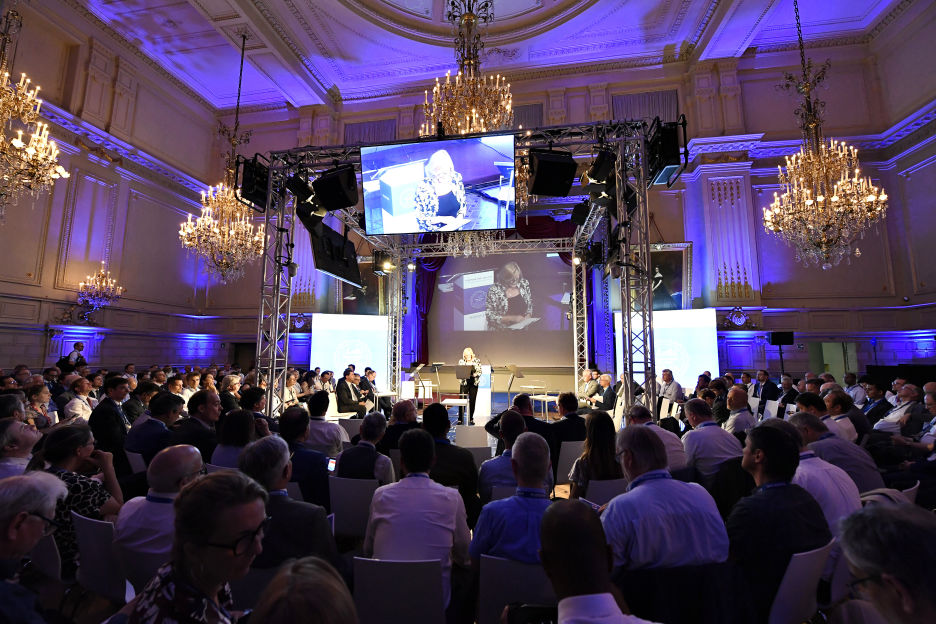The joint EUROFER and industriAll European Trade Union online event 'Building an economic and social framework for a successful climate transition by 2050', took place on 21 April from 12:00-13:30.
About the webinar
The EU’s 2050 net-zero target is not just a technological challenge. It is also an economic and social challenge. Investment in new technologies will be high, roll-out will be expensive and disruptive – and those changes will affect companies from top to bottom, with new skills and tests for all employees and workers. This webinar will look at how this change will take place, and what will happen during the transition to the net-zero carbon future.
This online event took place on Zoom.
When & where?
The webinar took place on Wednesday, 21 April 2021 from 12:00-13:30 online, via Zoom.
Who is invited?
The event was open to anyone interested in learning about the European steel industry and European industrial trade union's perspectives on the green transition, as well as the views of a wide range of stakeholder speakers.
Schedule
Structure and times are indicative only
12:00 | Introductory joint statement
How will the transition to net-zero affect steel companies and workers?
Moderator:
- Jacki Davis, Meade Davis Communications
Impulse statement by joint hosts:
- Judith Kirton Darling, Deputy Secretary General, industriAll European Trade Union
- Axel Eggert, Director General, The European Steel Association
12:10 | Rolling speakers’ discussion & Q&A
The Green Transition: what changes can we expect?
Moderator:
- Jacki Davis, Meade Davis Communications
Joint hosts:
- Judith Kirton Darling, Deputy Secretary-General, industriAll European Trade Union
- Axel Eggert, Director General, The European Steel Association
Speakers listed below are CONFIRMED
12:10-12:45 | Panel 1 | Industrial policy and climate: what are the key challenges?
- Clara De La Torre, Deputy Director General, DG CLIMA, European Commission
- Cristian-Silviu Buşoi MEP, EPP Group; Chair, Industry Committee, European Parliament
- Wendel Trio, Director General, CAN Europe
12:45-13:20 | Panel 2 | Towards a low-carbon, high-skill, just transition: what framework for success in industry?
- Kerstin Jorna, Director General, DG GROW, European Commission
- Joost Korte, Director General, DG EMPL, European Commission
- Gabriele Bischoff MEP, S&D Group; Vice-Chair, Constitutional Affairs Committee; Member, Employment and social affairs Committee, European Parliament
13:20 | Closing thoughts
Conclusions and expectations
Moderator:
- Jacki Davis, Meade Davis Communications
Joint hosts:
- Judith Kirton Darling, Deputy Secretary-General, industriAll European Trade Union
- Axel Eggert, Director General, The European Steel Association
13:30 | End of discussion



